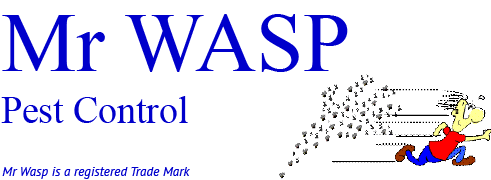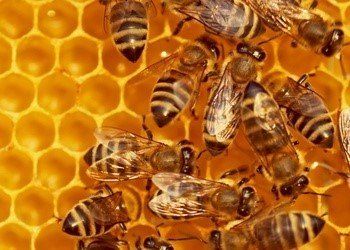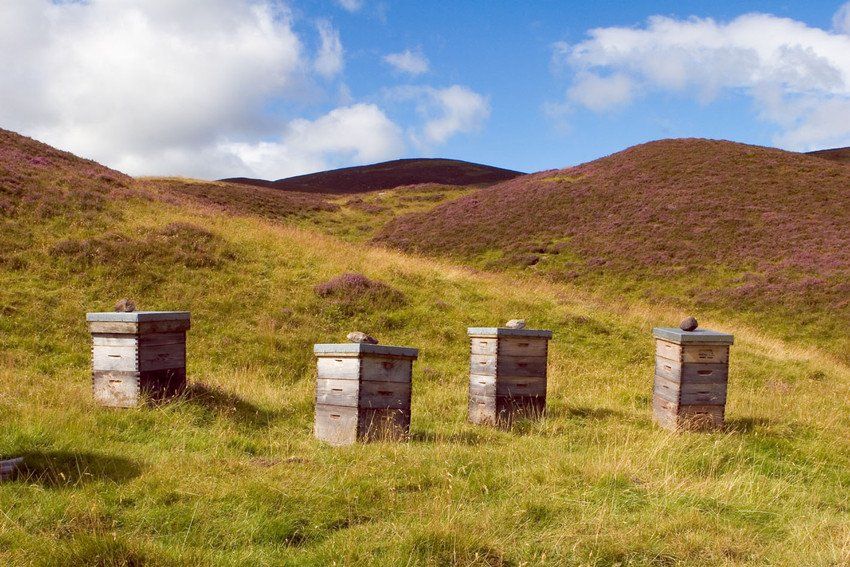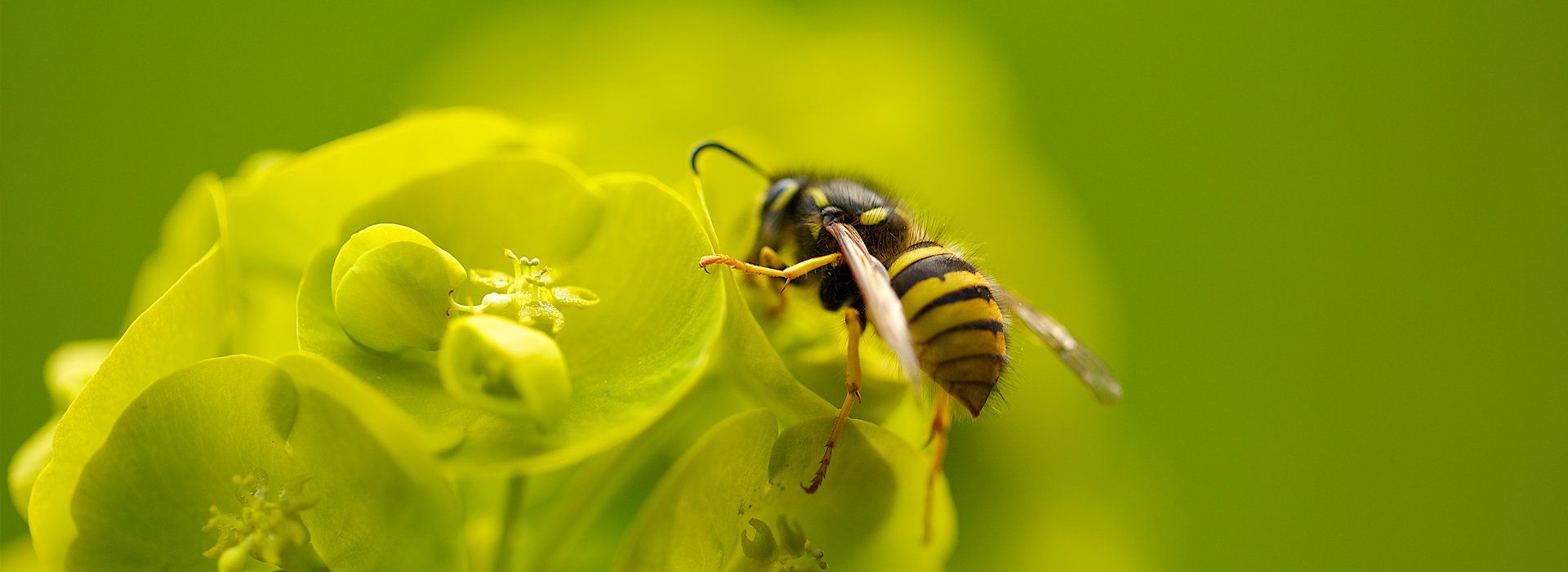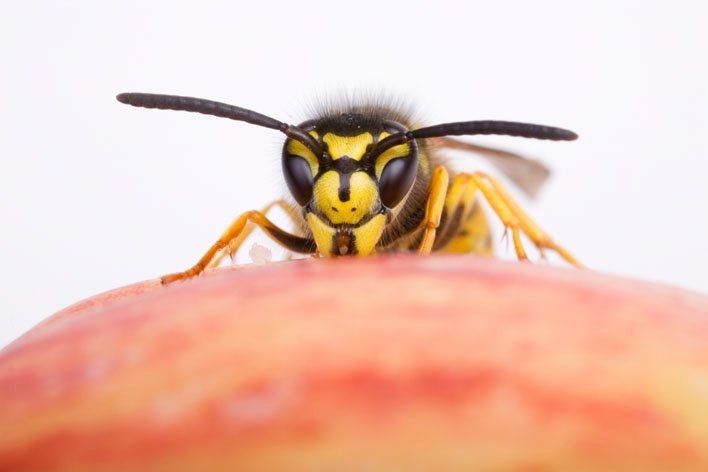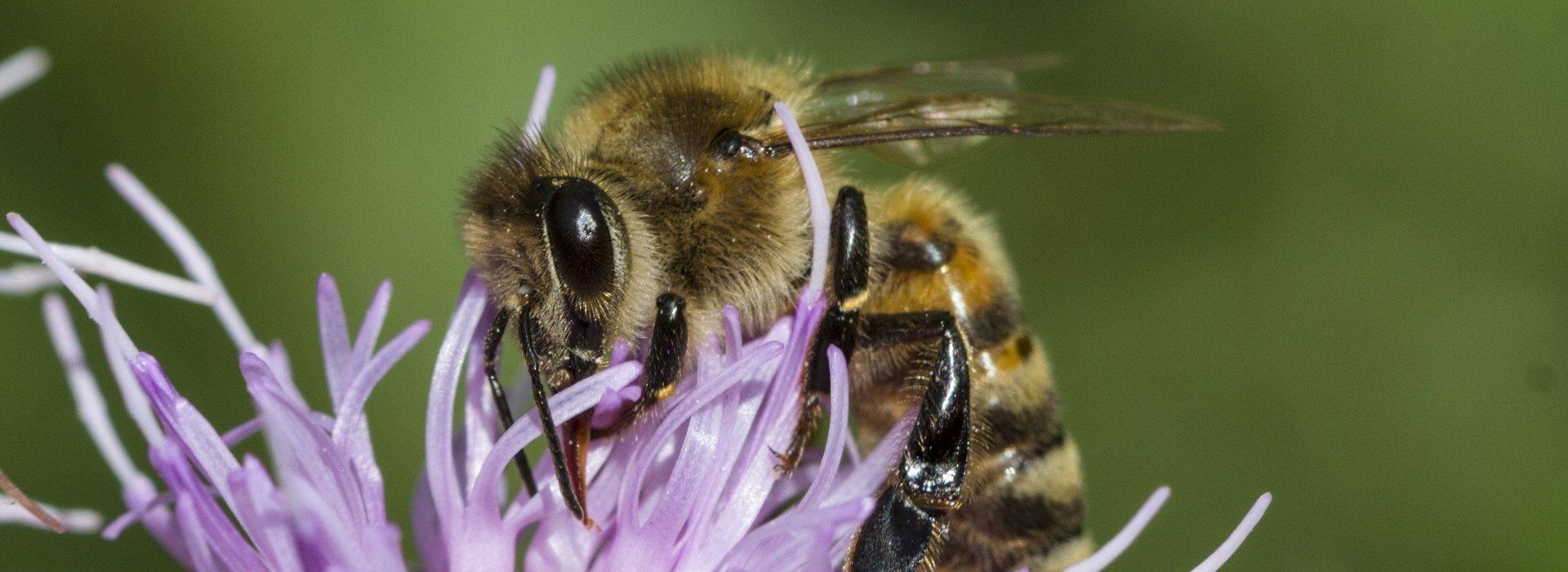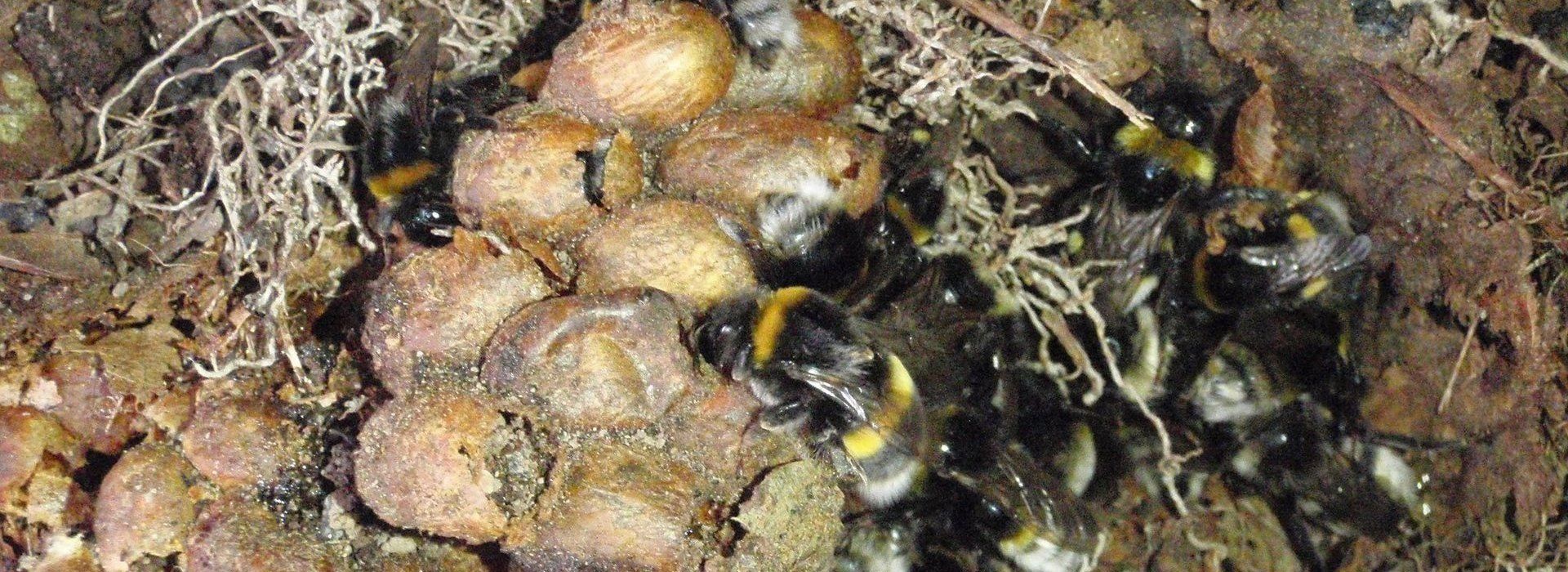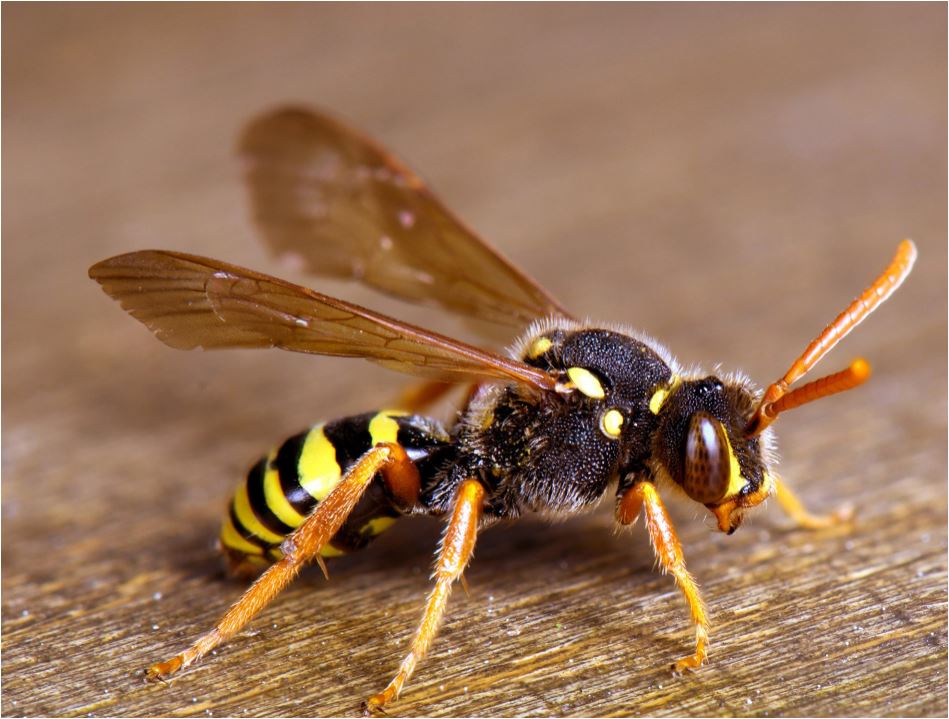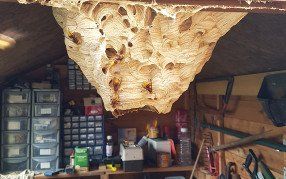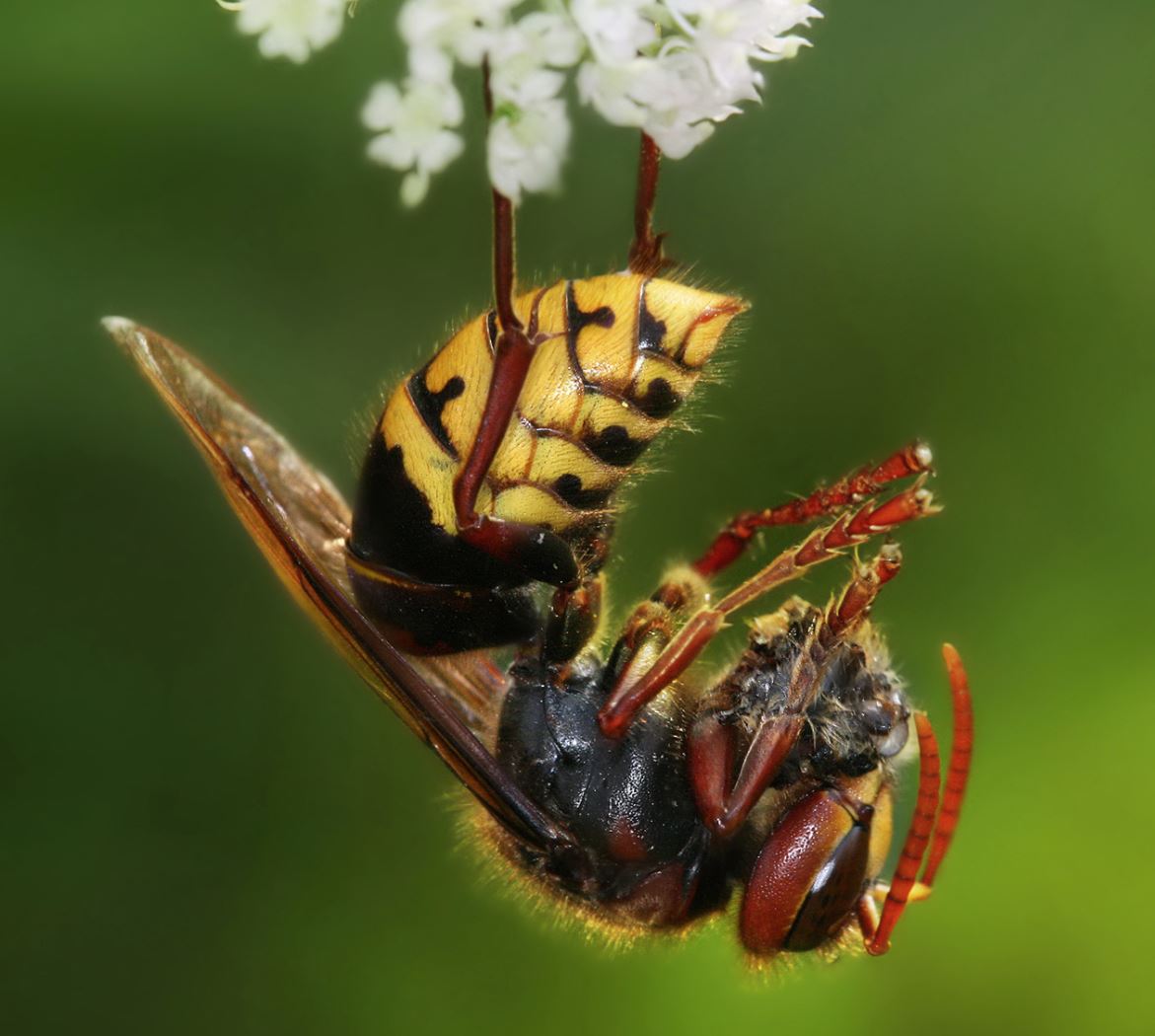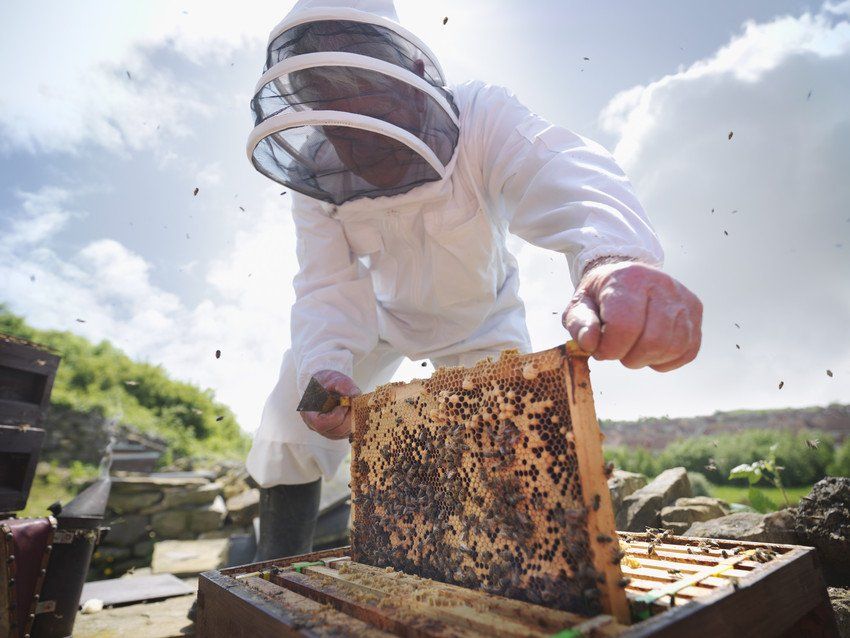How Do The Senses Of Bees Work?
Some species of animal have adapted their senses to suit the habitats in which they live as well as the changing world, with many species either bettering the senses of humans or creating entirely different ways of experiencing the things around them. Bees in particular have a fascinating set of senses which function in an entirely unique way compared to other insects and flying creatures. We understand that bees, wasps and hornets can be a nuisance however, and no matter the size or severity of the infestation, our professional pest experts are well-equipped to deal with bee control and insect removal.
Continue reading to find out the ways in which bees sense the world around them,
Sight
Bees and humans see the world differently. Though humans see the colours of the rainbow, honey bees cannot see red and can only differentiate between six major categories of colour. Nonetheless, bees have very good eyesight, thanks to their multiple sets of eyes with thousands of lenses in each.
Touch
Bees have several tools which improve their sense of touch. They are covered in tiny hairs with nerves at the base. These hairs are extremely sensitive to vibration, so if they detect an unfamiliar vibration frequency, the bee will become ultra-focused. The ability of the antennae to sense touch is useful for communication, as when the antennae touch an object, a bee may stick out his tongue in order to taste it. Bees use their antennae to gauge the width and depth of the cells while constructing honeycomb as well as using this advanced sense while performing bee dances.
Taste
Compared to their developed sense of smell, the bee’s sense of taste is limited. They use their tongues to detect tastes, but as they are able to gather lots of information from their advanced sense of smell, they can taste before the pollen even touches their tongues. Bees have been found to distinguish between sweet, sour and bitter flavours, giving them a varied sense of taste. It has also been found that bees are more sensitive to salts than humans are, but less sensitive to bitter flavours.
Smell
The honey bee’s sense of smell is so sensitive that it can detect a scent in flight. This ability allows bees to effectively and efficiently locate flowers to pollinate. Once a scent is detected on the antennae, a bee processes the information, enabling it to determine the relevance of the scent.
Smell is one of the most important senses for many insects, and bees use this to great advantage.. Guard bees hover near the entrance to their hive and smell other bees trying to enter whereas queen bees use odours to help locate their hive, or their new home after swarming. When a bee stings, they release an odour to alert others to immediate danger which attracts other bees to come to the defence of the hive.
Hear
Bees don’t have ears, but they are able to pick up sound through their antennae and legs. Subgenual organs on the legs as well as sensory cells on the antennae are the way in which they can interpret sound. Bees are known to use a range of buzzing sounds in the nest that are picked up by other bees as a form of communication which affect the behaviour of the rest of the colony.
Whether you require wasp nest removal or hornet control, the specialists at Mr Wasp are here for you. Without bees, hornets and wasps, our flowers, plants and crops would not be the same as they are today. As the most important pollinating insects, the fruit and vegetables we eat come courtesy of bees, as well as the beautiful flowers that spring up each year. Bees will not sting unless they feel threatened, however we understand that when a hive is built on your property you may be concerned for your safety.
Contact a pest expert for more information on your insect removal or bee control-related issues.
